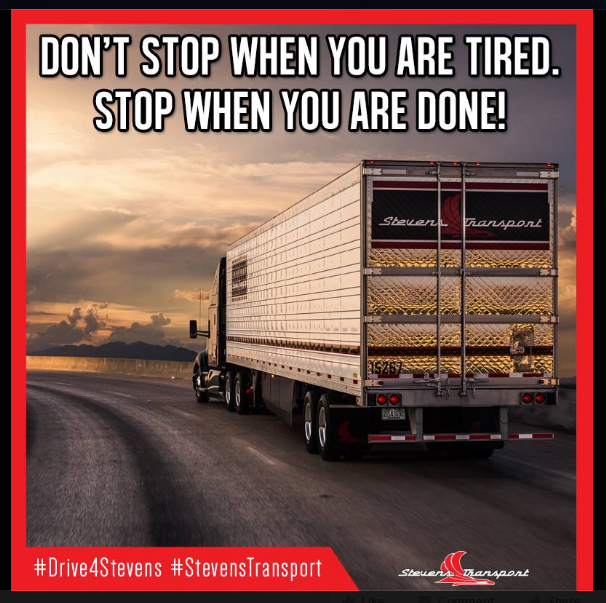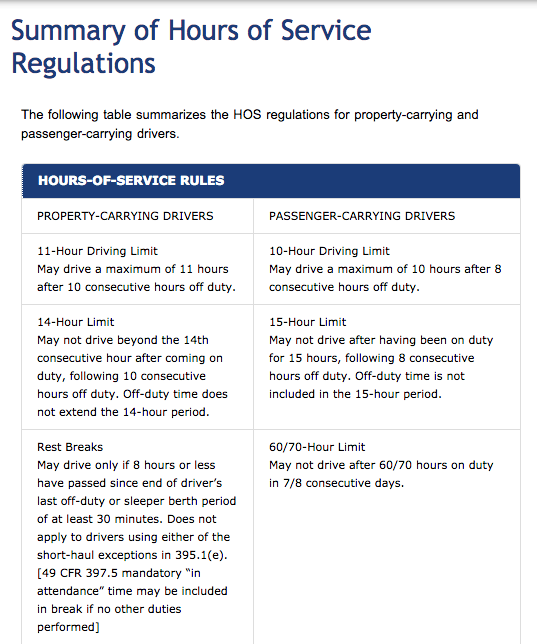Recently, I reviewed a Police Report where the truck driver admitted he only had 3 hours of sleep the night before he caused a serious crash.*
For many of us, losing a couple hours of sleep at night just means we’re a little less productive the next day.
When your job is driving—especially if you’re driving an 80,000 lb. semi-truck— a lack of sleep can be truly dangerous.
Sleep deprivation: an underreported cause of crashes.
Driving can be exhausting, especially in heavy traffic or bad weather.
“Asleep at the wheel” is a suspected factor in about 5% of truck crash fatalities. But, past studies by NTSB suggest that fatigue and/or sleep deprivation contribute to 30-40% of crashes (PDF).
But “drowsiness” is difficult to calculate.
- There’s no surefire way for police to investigate a driver’s drowsiness at the time of a crash.
- Drivers may not admit that they were asleep at the time of the crash.
- Drivers may not even realize they had fallen asleep.
For an in-depth analysis, see Asleep at the Wheel: Sleep Deprivation and Fatigue in Commercial Trucking from Robson Forensics.
What we do know is that a couple of factors contribute to keeping tired truck drivers on the road.
Motor carrier pressures
Part of the problem is the pressure long-haul truckers are under to make fast deliveries.
“I’m not safe to be on the road.”
This trucker recorded his call to dispatch.
He told three different dispatchers that he was falling asleep at the wheel.
He explains that, due to his schedule, he had not slept.
Even then, he didn’t have a choice but to continue driving for another 160 miles.
A (different) trucking company shared this terrible advice to truckers on their Facebook page.
It was not an anomaly.
A lead spokesperson for the trucking industry stated:
“Many of the anti-truck groups have mischaracterized the extent to which
fatigue is a part of our traffic problem.
I don’t know how the federal government polices sleep.”
Difficulty finding a (safe) place to sleep
Although big rigs have sleeping quarters, truck drivers still need to find a place to park.
Long haul truckers looking for a place to sleep may not get a spot at a truck stop, especially at night.
More than 75% of truckers responding to a survey by the Federal Highway Administration reported “problems with finding safe parking locations when rest was needed.”
Commercial truck drivers shouldn’t be stuck hunting for a place to sleep when they are legally required to stop driving. The motor carriers who deploy them should be helping plan the routes—and scheduling in rest stops.
Why we have Hours of Service laws
Many carriers loudly voice their opposition to FMCSA’s Hours of Service Regulations.
These rules don’t exist simply to inconvenience truck drivers and trucking companies. They help to protect the health and safety of everyone, including truckers.
Responsible carriers and truck drivers understand and comply with these rules.
Dangerous motor carriers and drivers break the laws—and endanger us all.
* Coluccio Law does not refer to preventable truck crashes as accidents. Here’s why.



Leave A Comment